If your loved one has dementia, you understand that the disease will continue to progress as they age. What might have been a fairly simple care routine of assisting them with daily tasks can become an overwhelming job for a family caregiver to provide. As someone’s dementia progresses, it can become dangerous for both them and their caregivers if they don’t receive the proper care to keep them safe and healthy.
A memory care facility may be the next step in your loved one’s journey. Having trained professionals who provide memory care to their residents will give you peace of mind knowing your loved one is in a place that will provide exactly what she needs in a loving and caring way.
Memory care providers help patients with memory and cognitive impairments, usually due to the progression of dementia, but sometimes due to other factors as well. These highly trained individuals tend the the health and mental wellness by providing meal services, laundry care, medication management and so much more. They know how to use extra safety precautions that are often needed for those struggling with memory issues, and they are skilled in the ability to motivate, guide, and assist in daily activities.
So, how do you know if your loved one has progressed to a point where she might need full-time memory care? The answer is different for everyone, based on the support system at home, but if you see your loved one struggling with these six activities, you might discover it’s a good time to at least start the discussion.
- They neglect taking care of themselves or their home. A person needing memory care might need daily help with brushing their hair, taking a bath, or brushing their teeth. They may forget to clean the house or take out the garbage, leading to an unsafe environment to live in.
- In addition to cleanliness, a person who needs help may not be able to manage her medications anymore and may skip dosages without realizing it. They may also lose the ability to keep track of when they ate last and start to lose weight unintentionally.
- They’re not using their money wisely. Those with dementia can easily become victims of fraud as they can’t always discern what a fair price is for something. They can also often forget to pay bills or be able to follow all of the steps.
- They become easily lost and confused. Everyone gets lost in a new place, but your loved one may need memory care if she can no longer get to the local grocer and back home safely, or if she tends to wander off without the ability to find her way back home.
- They continue to withdraw from all social and personal contacts. Social isolation makes symptoms worse. A memory care team will help your loved one stay connected to the world.
- You’re overwhelmed or worried about your safety. If you find you are neglecting your own needs or are worried about being injured by your loved one, memory care placement may be best for everyone.
If you are caring for a loved one with dementia, having these conversations now can help any transitions needed in the future.
If you or an aging loved one are considering a move to a memory care home in Summerlin, NV please contact the caring staff at Golden Brook today. Call (702) 931-0055.
Golden Brook Residential Care Home is an assisted living facility located in Henderson, Nevada. The facility offers a variety of services to seniors who need assistance with their activities of daily living. These services include 24/7 care, medication management, meal preparation, laundry, housekeeping, and much more. The facility also offers activities such as bingo, exercise classes, and gardening to promote social interaction among residents. Overall, Golden Brook Residential Care Home provides a safe and comfortable environment for seniors who need assistance but still want to maintain their independence.
Our caregivers and staff members treat our clients, residents, and their families with the utmost respect. Our focus is to provide the highest quality of care and service with compassion and dignity.
- Helping Seniors Simplify Their Surroundings - April 4, 2025
- Is Your Senior Ready for a Move to Assisted Living? - March 21, 2025
- How Medical Advocacy Helps Seniors Manage Chronic Conditions - March 14, 2025




